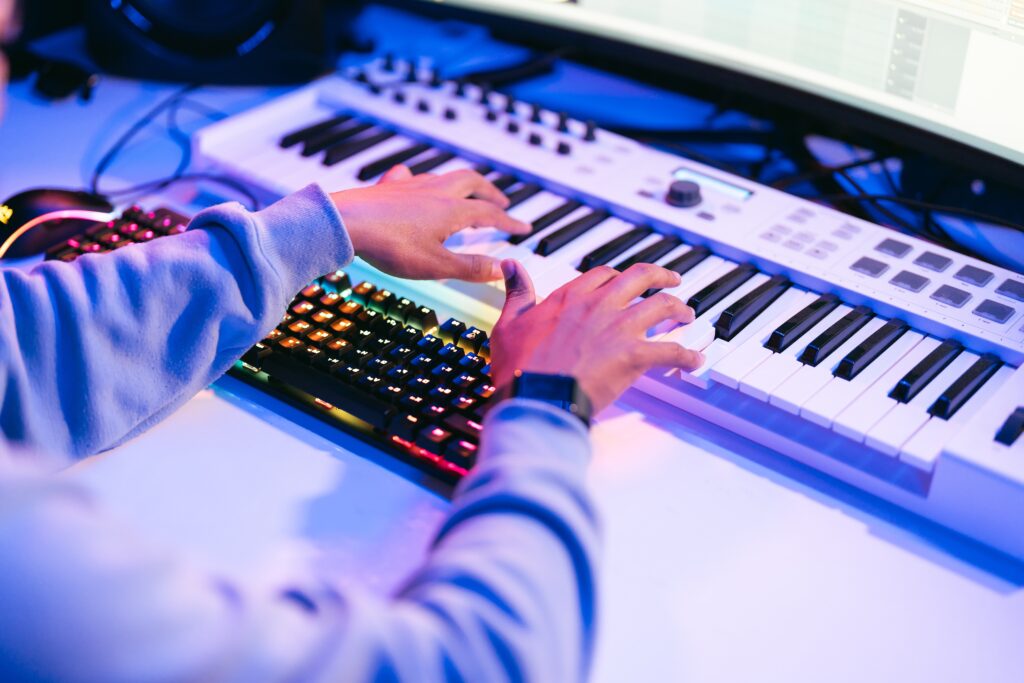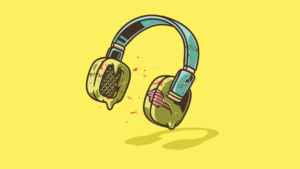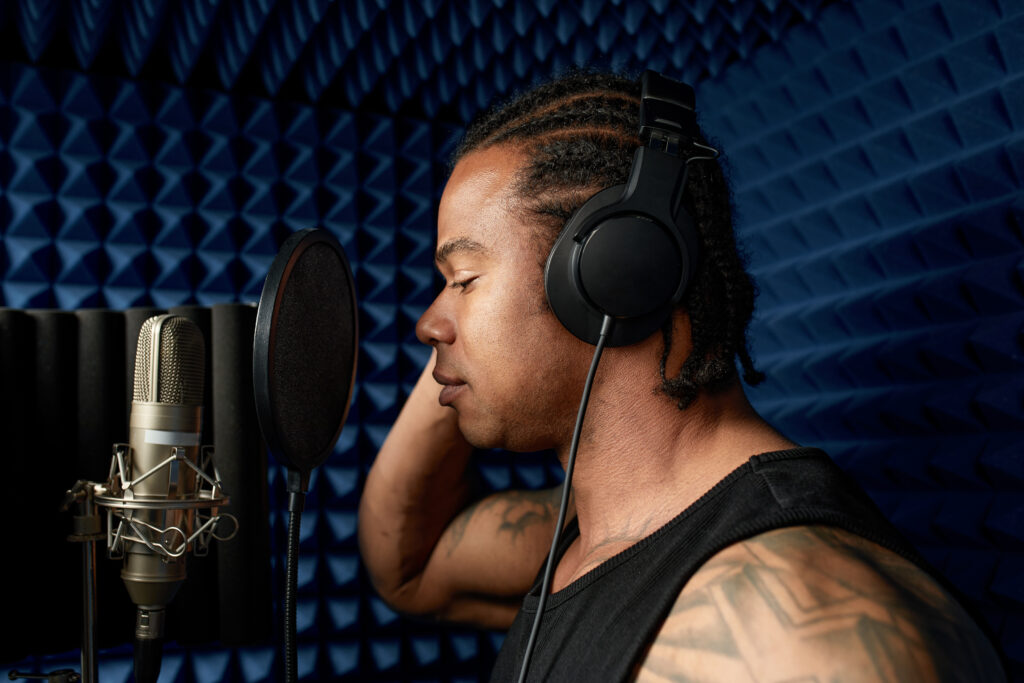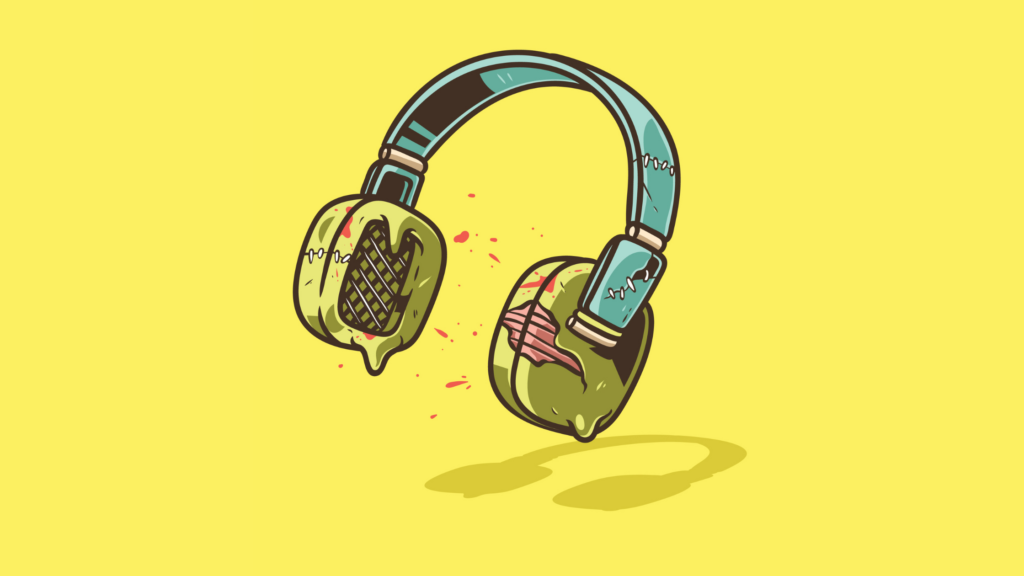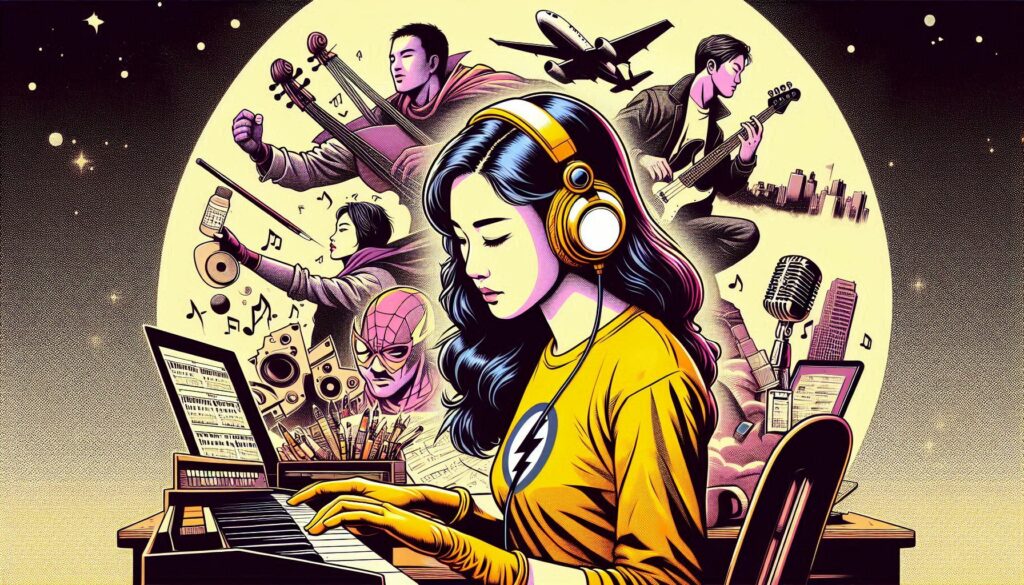The music industry has undergone a radical transformation thanks to technology. Today, any musician, regardless of their budget or experience level, has access to an arsenal of tech tools that can boost their creativity and take their music to new heights. Are you ready to discover how?
Why is technology your best ally?
Music technology not only allows you to create high-quality music but also gives you the opportunity to:
- Expand your creative horizons: Explore new genres, experiment with innovative sounds, and bring to life ideas that once seemed impossible.
- Optimize your workflow: Save time and effort on repetitive tasks, so you can focus on what really matters: the music.
- Connect with your audience more directly: Distribute your music on all digital platforms, create engaging content, and build a loyal fan base.
- Collaborate with other musicians: Work on projects remotely, share files, and create music in real-time with artists from around the world.
Essential tech tools for every musician
- DAWs (Digital Audio Workstations): These are the control center of your home studio. Choose from options like Ableton Live (ideal for live performance and electronic production), FL Studio (known for its intuitive interface and wide range of plugins), Logic Pro X (popular among electronic and pop music producers), or Studio One (noted for its fast and efficient workflow). Tip: Explore free trial versions to find the DAW that best suits your working style.
- Plugins: Expand your sound palette with a wide range of plugins. From versatile synthesizers like Serum and Massive to high-quality effects like Valhalla VintageVerb and Izotope Ozone, the possibilities are endless. Tip:Research free and open-source plugins to save money and discover new sounds.
- Hardware: Equip your studio with high-quality audio interfaces (such as those from Focusrite or Universal Audio),microphones that capture your sound accurately (such as Shure or Rode), comfortable headphones (such as Sennheiser or Beyerdynamic), and MIDI controllers (such as those from Native Instruments or Akai).Consideration: Invest in quality studio monitors for accurate mixing.
- Artificial Intelligence: Tools like Google’s Magenta and Amper allow you to generate musical ideas, compose melodies and harmonies, and create arrangements automatically. Example: Use Magenta to generate a unique chord progression and then customize it with your own sounds.
Distribute your music and connect with your audience
- Digital distribution platforms: Distribute your music on Spotify, Apple Music, Deezer, and other popular platforms through services like DistroKid, TuneCore, or CD Baby. Tip: Take advantage of the analytics tools these platforms offer to understand your audience and optimize your releases.
- Social media marketing: Use Instagram, TikTok, Facebook, and other platforms to create engaging content,interact with your fans, and build a community around your music. Idea: Create challenges and contests on TikTok for your fans to interact with your music in creative ways.
- Data analysis: Tools like Spotify for Artists allow you to analyze your music’s performance, identify your target audience, and make more informed decisions. Example: Use Spotify data to create personalized playlists for your fans and increase engagement.
Emerging trends you should know about
- Virtual and augmented reality: Create immersive musical experiences and virtual concerts using tools like Unity or Unreal Engine. Imagine your fans dancing in a virtual world created by you.
- NFTs and blockchain: Tokenize your music and sell directly to your fans, creating a deeper connection and offering them exclusive benefits such as access to exclusive content or VIP experiences.
- Metaverse: Explore platforms like Roblox and Decentraland to create interactive musical experiences and build virtual communities. Idea: Organize a virtual concert in the metaverse and allow your fans to interact with you and other attendees.
Practical tips for musicians
- Organize your studio: A clean and organized workspace will help you be more productive.
- Create an efficient workflow: Establish a routine and use keyboard shortcuts to speed up your production process.
- Learn from others: Follow other producers on social media, attend workshops and courses, and join music communities.
- Experiment and have fun: Don’t be afraid to try new things and step outside of your comfort zone.
Conclusion
Technology has democratized music creation, putting the tools needed to produce professional-quality music within reach of everyone. Make the most of these tools, stay up-to-date, and never stop exploring new possibilities. The future of music is in your hands!
